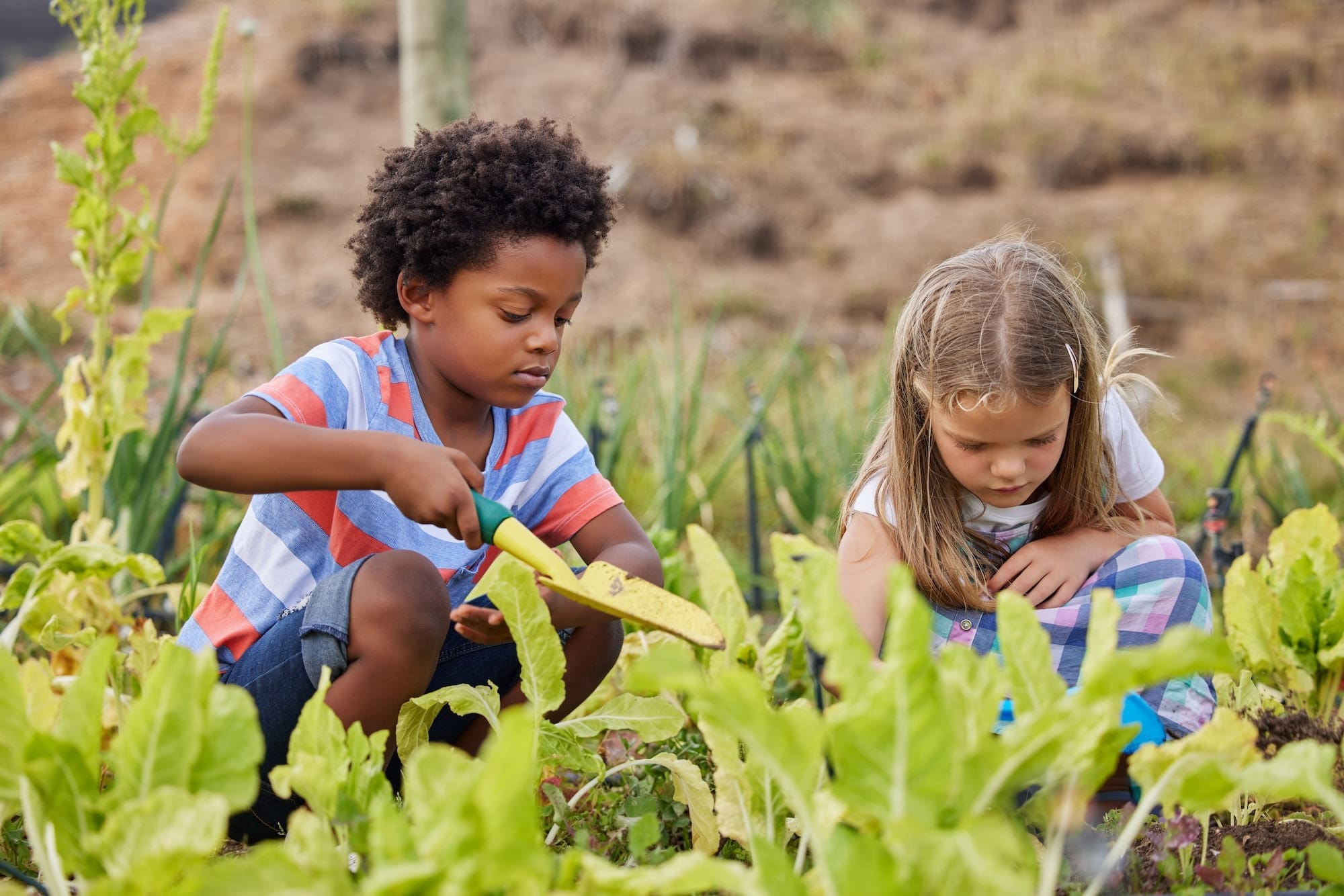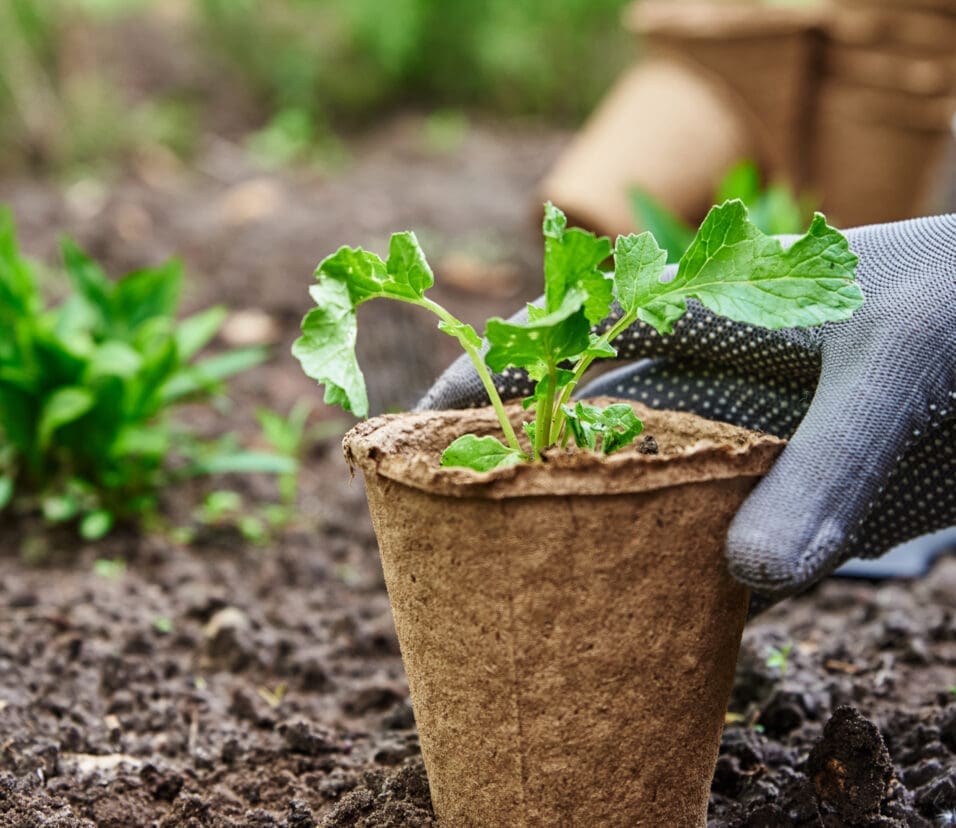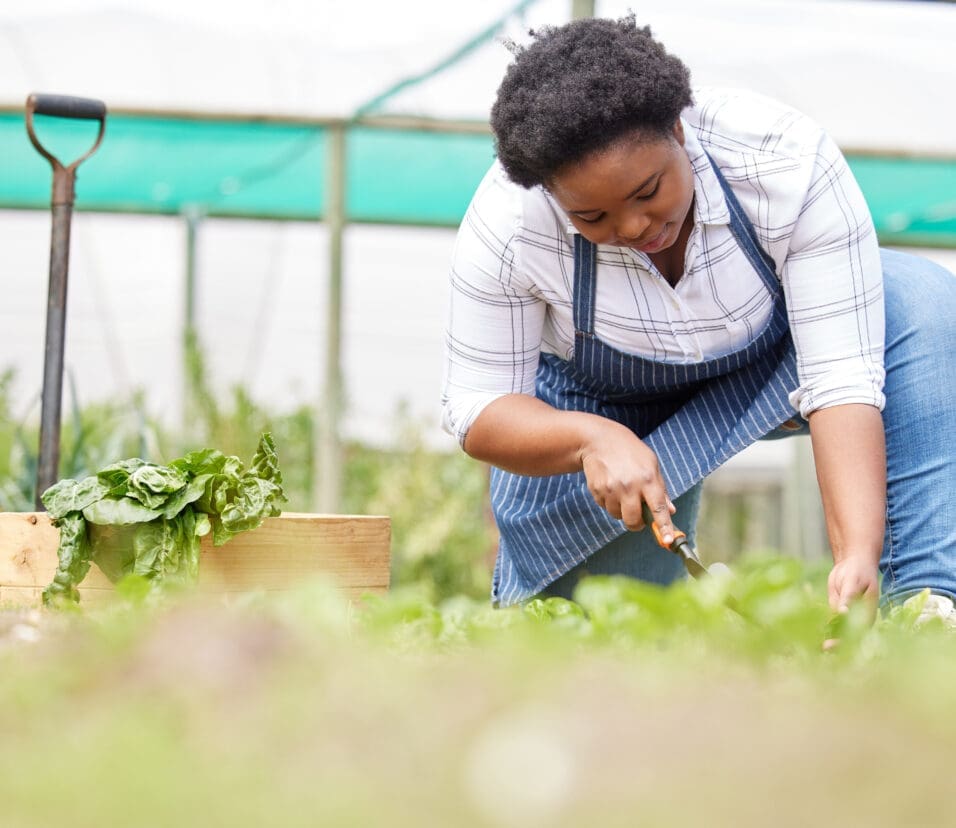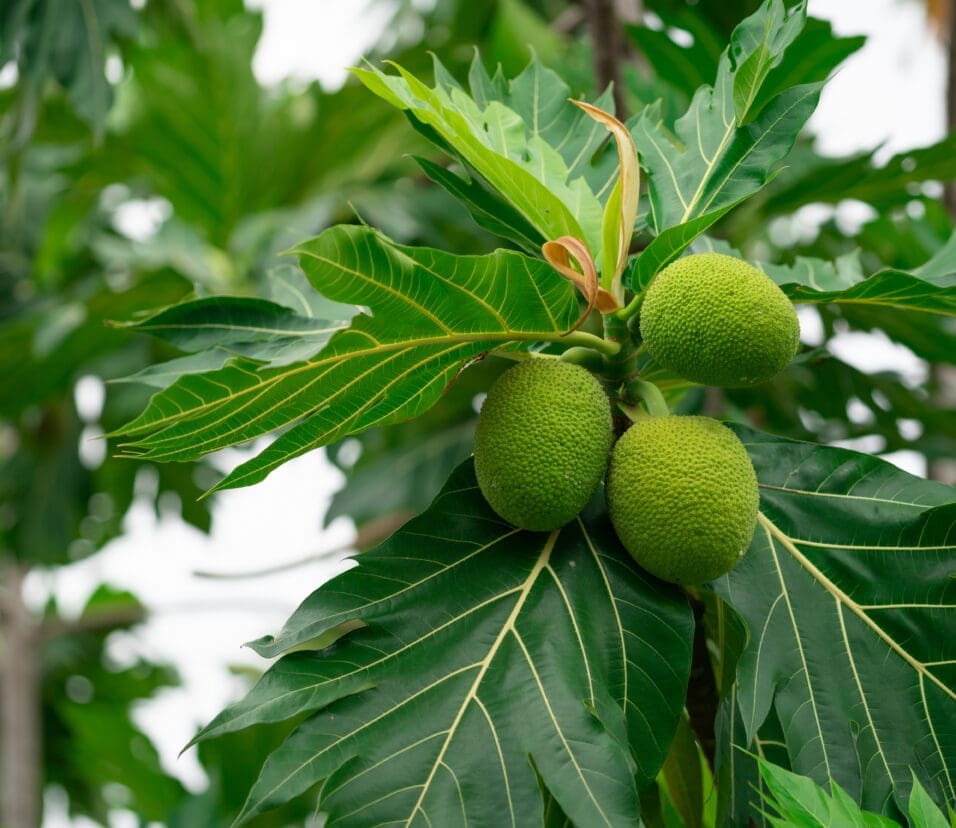Teach Your Children to Grow Food (Part 2)
The Next Generation of Small Farmers
Welcome back to our series on teaching your children to grow food! In Part 1, we explored the significance of children learning to cultivate items at home and how it contributes to their health, well-being, and the future of our planet. Now, in Part 2, we will delve into the exciting realm of teaching children to be income-generating farmers. We will discuss the ideal ages for grasping these concepts and conclude with practical steps on the most effective ways to educate them. Join us as we empower the next generation with the knowledge and skills to become thriving farmers!
How can you Teach Children to be Income Generating Farmers?
Teaching children to be income-generating farmers will empower them with the tools to create their own opportunities, contribute to their communities, and forge a path to a prosperous future. Here are some steps to help you guide them along this journey:
- Start with the basics
Introduce children to the fundamentals of farming, including the importance of soil, water, sunlight, and plant life cycles. Teach them how to prepare the soil, sow seeds, and nurture plants.
- Select suitable crops
Help children choose crops that are well-suited to their climate, available space, and market demand. Consider factors such as growth time, profitability, and personal interest.
- Set goals and plan
Encourage children to set realistic goals for their farm, such as the amount of produce they aim to grow or the income they hope to generate. Assist them in creating a detailed plan that includes timelines, tasks, and resources needed.
- Provide guidance and resources
Offer guidance throughout the process, teaching children about proper planting techniques, watering schedules, pest control, and harvesting methods. Provide them with age-appropriate books, online resources, and tools necessary for farming.
- Encourage record-keeping
Teach children the importance of keeping records of their activities and expenses. Help them track their progress, including costs, yields, and sales. This will instill financial awareness and develop their organisational skills.
- Explore marketing and sales
Teach children about marketing strategies, such as creating attractive product displays, packaging, and branding. Encourage them to participate in local farmers’ markets, set up roadside stands, or even establish partnerships with local businesses or restaurants.
- Foster entrepreneurship
Encourage children to think creatively and identify opportunities for value addition. They can explore options like making homemade jams, pickles, or herbal products using their farm produce, which can increase their earning potential.
- Promote sustainability and responsibility
Introduce children to sustainable farming practices, including organic methods, composting, and water conservation. Help them understand the importance of respecting the environment and being responsible stewards of their land.
- Cultivate a business mindset
Instil in children the importance of financial literacy, pricing strategies, and managing expenses (budgeting etc.). Encourage them to reinvest a portion of their earnings back into their farm to promote growth and sustainability.
- Emphasise lifelong learning
Continuously expose children to new farming techniques, and emerging trends in agriculture, and encourage them to attend workshops or join farming communities. This will help them stay updated and adapt to changing circumstances.
Remember, the journey of teaching children to be income-generating farmers is as much about nurturing their curiosity, work ethic, and entrepreneurial spirit as it is about financial gain. It is an opportunity for them to learn valuable life skills, develop a deep connection with nature, and experience the pride and satisfaction that comes from cultivating their own success.
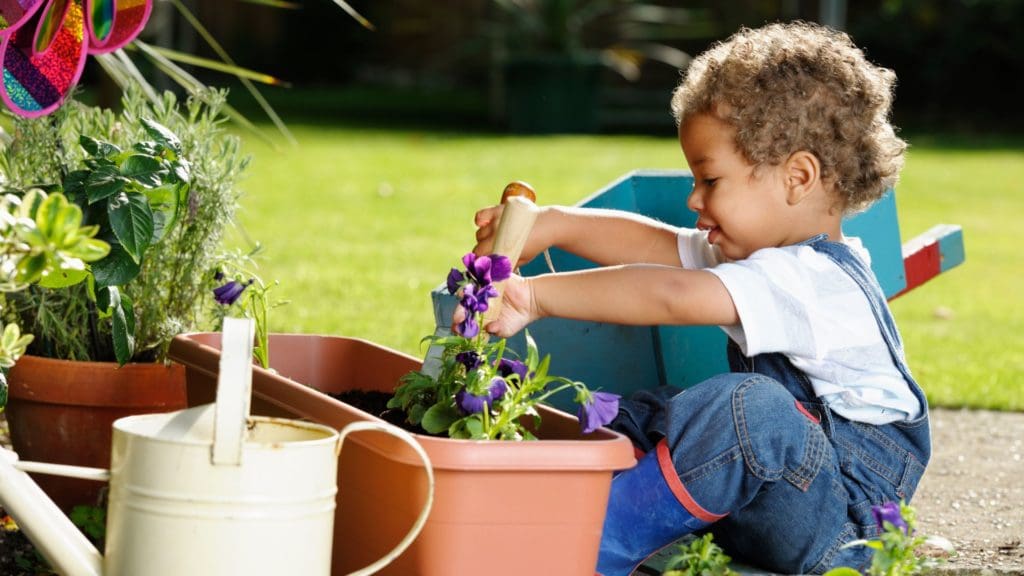
How Early Can they Start to Learn?
Children can start learning about becoming income generating farmers from a very early age, although the depth of their understanding and involvement will naturally vary. Here are some general guidelines:
Early Childhood (Ages 2 – 4)
During this stage, children can be introduced to basic concepts of farming and gardening. They can learn about plants, their basic needs, and the process of growing food. Engage them in simple gardening activities like planting seeds, watering plants, and observing plant growth. Use age-appropriate books, videos, and hands-on experiences to foster their curiosity and excitement about farming.
Primary Development (Ages 5 -11)
Children in this age group can delve deeper into the world of farming. They can learn about different types of crops, sustainable farming practices, and basic business concepts. Encourage them to take on more responsibilities, such as planning and managing a small garden or growing specific crops. Introduce them to basic financial literacy by discussing expenses, savings, and simple profit calculations.
Preteen/Teenage Years (Ages 12 and above)
As children enter their teenage years, they are able to take on more significant roles in income generating farming. They can participate in market research, crop selection, and business planning. Encourage them to explore marketing strategies, develop branding ideas, and manage sales. They can also learn about the financial aspects of farming, including budgeting, record-keeping, and reinvesting profits.
It’s important to adapt the learning experience to match the child’s age, interests, and abilities. As they grow, provide them with opportunities for hands-on experiences, mentorship, and exposure to real-world farming practices. Remember to create a supportive environment that encourages their passion for farming and entrepreneurship, and allow them to learn through trial and error.
Additionally, it’s worth mentioning that children may not necessarily become fully self-sufficient income generating farmers at a young age. However, the early exposure and education will lay a strong foundation for them to develop the necessary skills and knowledge as they continue their journey into adulthood.
What is the Best Way to Teach them?
The best way to teach children about becoming income generating farmers is through a combination of hands-on experiences, practical learning, and educational resources. Here are some effective approaches:
- Hands-on gardening
Engage children in actual farming and gardening activities. Allow them to plant seeds, care for plants, and harvest produce. This hands-on experience will foster a deeper understanding of the farming process and instil a sense of responsibility and ownership.
- Mentorship and observation
Connect children with experienced farmers or local agricultural experts who can serve as mentors. Encourage them to observe and learn from these individuals, asking questions and seeking guidance. This direct interaction will provide valuable insights and inspiration.
- Field trips and farm visits
Take children on field trips to farms, agricultural fairs, or farmers’ markets. This allows them to witness farming practices in action, interact with farmers, and learn about different aspects of the agricultural industry.
- Educational resources
Provide age-appropriate books, documentaries, videos, and online resources that focus on farming, entrepreneurship, and sustainable agriculture. These resources can enhance their knowledge, spark their curiosity, and inspire them to explore various farming techniques.
- Business simulation
Create a simulated farming business where children can apply their knowledge and skills. This can involve tasks such as selecting crops, calculating expenses, marketing their produce, and managing profits. By engaging in practical business experience, children can gain a deeper understanding of the financial aspects of farming.
- Collaborative projects
Encourage children to collaborate with their peers or siblings on farming projects. This fosters teamwork, problem-solving, and communication skills. It also provides an opportunity for them to learn from one another and share their experiences.
- Community involvement
Engage children in community gardening initiatives or local agricultural events. This enables them to connect with like-minded individuals, learn from experienced farmers, and contribute to the larger farming community.
- Continuous learning
Encourage children to stay curious and continuously seek knowledge about farming. This can involve attending workshops, participating in agricultural competitions, or joining farming clubs or youth organisations.
Remember to tailor the teaching methods to suit the child’s age, interests, and abilities. Keep the learning experience fun, interactive, and hands-on, allowing children to explore, experiment, and learn from their successes and failures.
“Why try to explain miracles to your children when you can have them plant a garden.” – Janet Kilburn Phillips


